2017 Summer Interns Share Highlights of their time at JGI
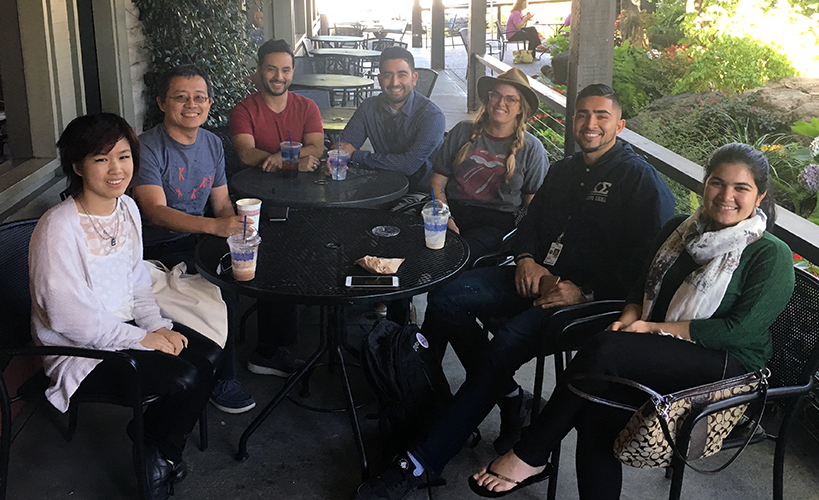
The JGI/UC Merced interns take a coffee break with program co-director Zhong Wang who sits second from the left: (L to R): Brenda Yu, Wang, Jonathan Anzules, Mario Banuelos, Jackie Shay, Antonio Gonzales, Mahrukh Mujeeb. Not pictured: Sai Prahabkar
In 2017, JGI hosted 15 summer interns ranging from high schoolers through graduate school. Many of the students came to the JGI through ongoing partnerships dedicated toward training the next generation of scientific talent.
Two of the high school students are among the Biotech Partners interns in the Berkeley Lab Biosciences Area. (Click here to learn more about the Biotech Partners internships.) Go here to meet the high school interns.
Several of the students came from UC Merced as part of an ongoing partnership between the university and the JGI. Three of the graduate students were participants in the DOE JGI/University of California, Merced Genomics Distinguished Graduate Internship Program, now in its fourth year. Go here to meet the graduate student interns.
Four undergraduate interns are California Alliance for Minority Participation (CAMP) students at UC Merced and were funded through the Berkeley Lab Undergraduate Research (BLUR) program. CAMP is a statewide initiative funded by the National Science Foundation (NSF) and supports underrepresented minorities in science, technology, engineering and math (STEM) fields. Go here to meet the JGI/UC Merced undergraduate student interns. Other undergraduate summer interns came to the JGI through avenues including the DOE Summer Undergraduate Laboratory Internship (SULI) program. Go here to meet the other undergraduate student interns.
The Department of Energy is currently accepting internship applications for the Spring 2018 term for both the SULI program and the Community College Internship (CCI) program. Applications for either program must be submitted by 5:00pm Eastern time on October 2, 2017.
High School Interns:
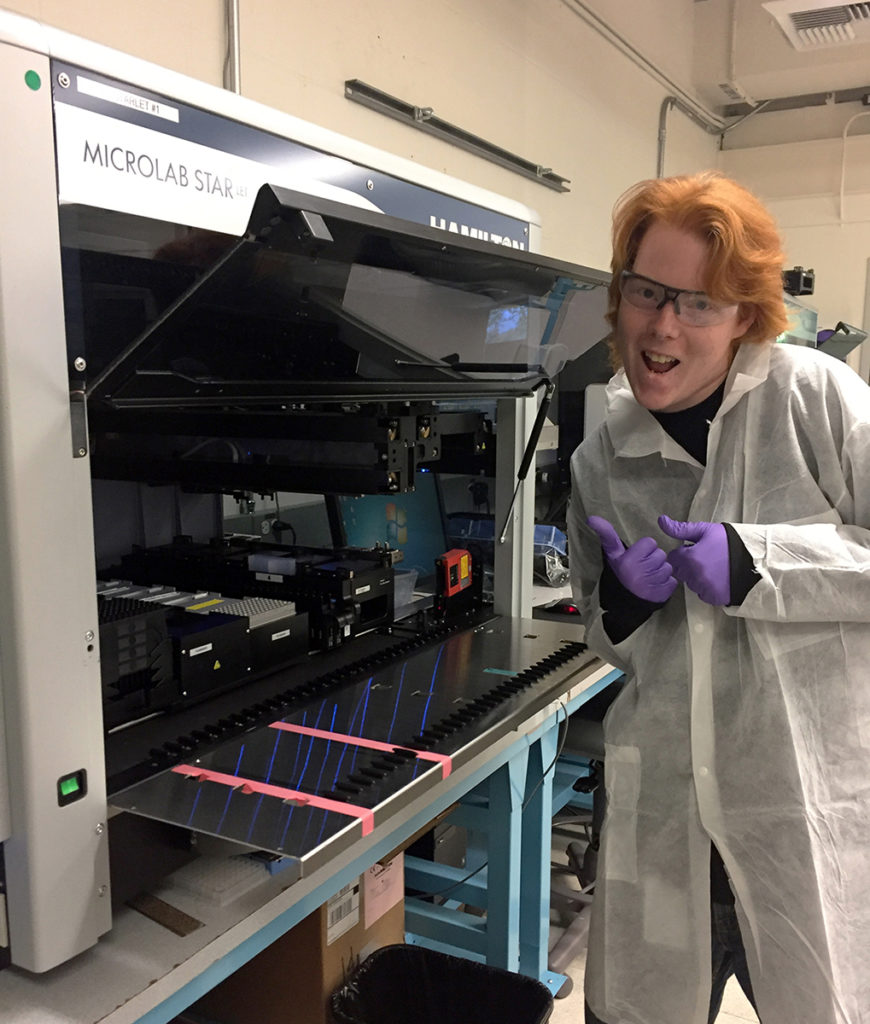
|
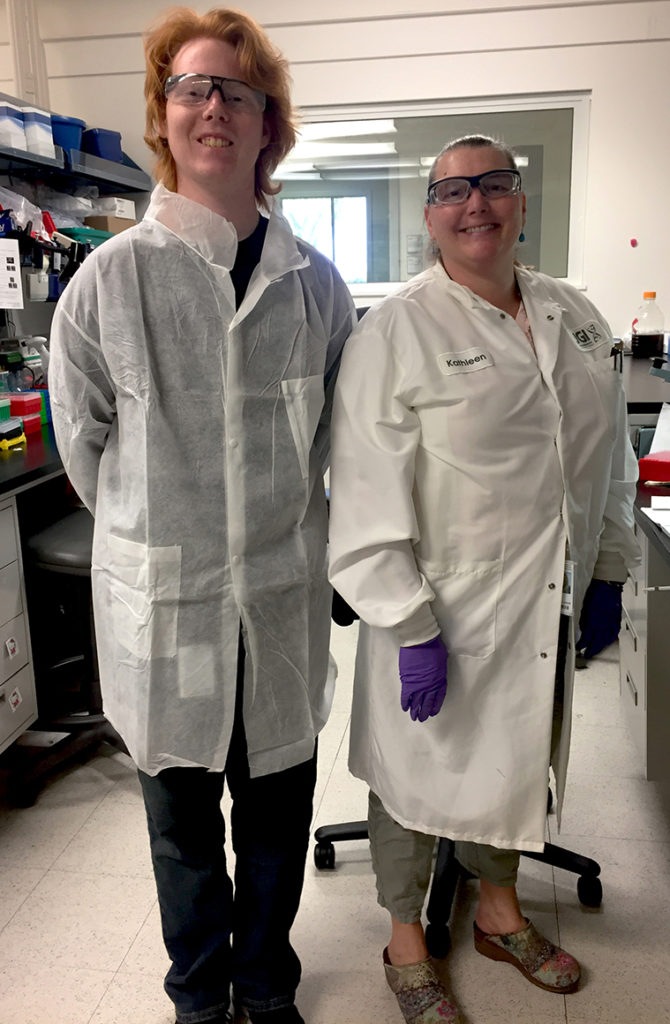
Casey with mentor |
Aaron Casey, now a senior at Antioch High School
JGI Mentor: Kathleen Lail
A summer intern through the Biotech Partners program”My favorite thing about JGI is meeting all the wonderful people. Being here has had major effects on my plans to pursue a STEM career because now I definitely am going in to a STEM field!”
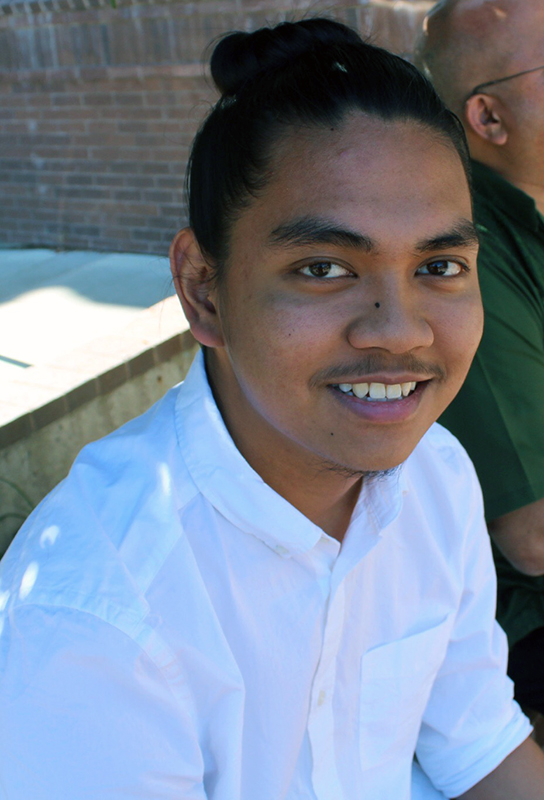 Sebastian Vargas, now a senior at Antioch High School
Sebastian Vargas, now a senior at Antioch High School
JGI Mentors: Diane Bauer, Megan Kennedy, and Jen Kaplan
A summer intern through the Biotech Partners program
“My favorite thing about JGI is meeting new people that are very nice and friendly. Also, my mentors are amazing and give good life advice. I am interested in the engineering field and JGI has some interesting jobs that give me a better idea on what to do.”
Timothy Kostolansky (not pictured), now a junior at De La Salle High School
JGI Mentor: John Vogel
“My experience has furthered my interest in biology that I gained this last school year in AP Biology. My favorite part of being here is the hands-on lab work.”
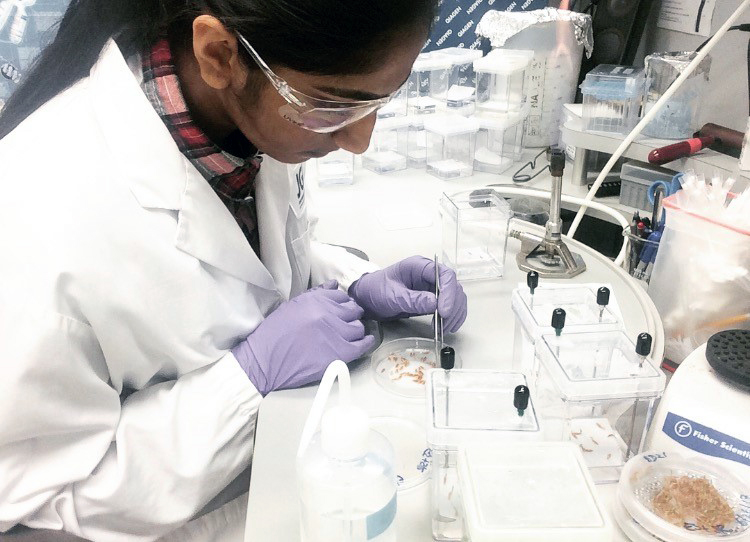 Shruthi Reddy |
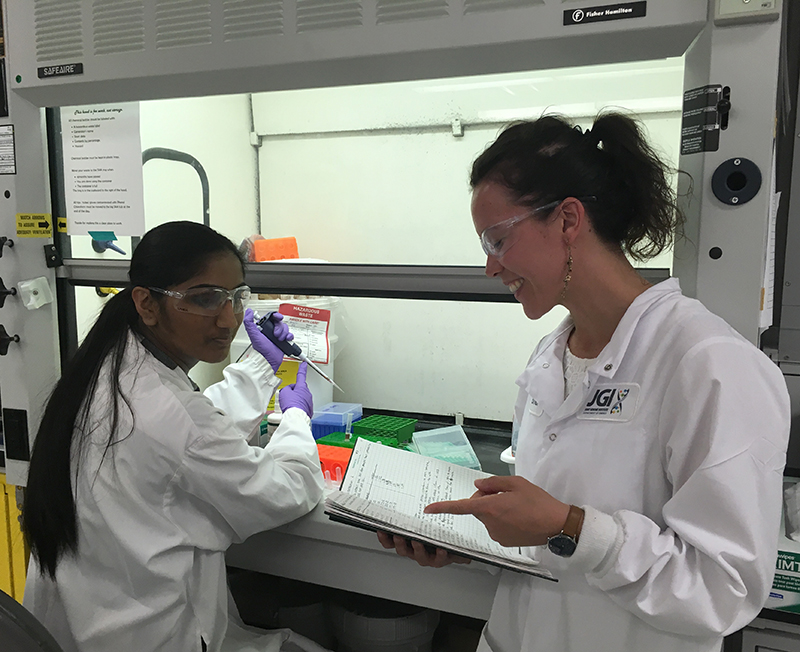 Shruthi and mentor Esther Singer |
Shruthi Reddy, now a senior at California High School (San Ramon)
JGI Mentor: Esther Singer
“I have always been interested in biology- I plan on studying biology in college and going to medical school. Working at the JGI this summer has further encouraged me to pursue a career in science by exposing me to different fields/areas of study in biology and the various tasks associated with conducting scientific research. Getting to work on a variety of different things in the lab, from DNA extractions to growing plants, has been one of the highlights of my internship. I’ve enjoyed being able to apply what I’ve learned at school to what I’m working on at the JGI, while also learning new things!”
JGI/UC Merced Undergraduate Interns
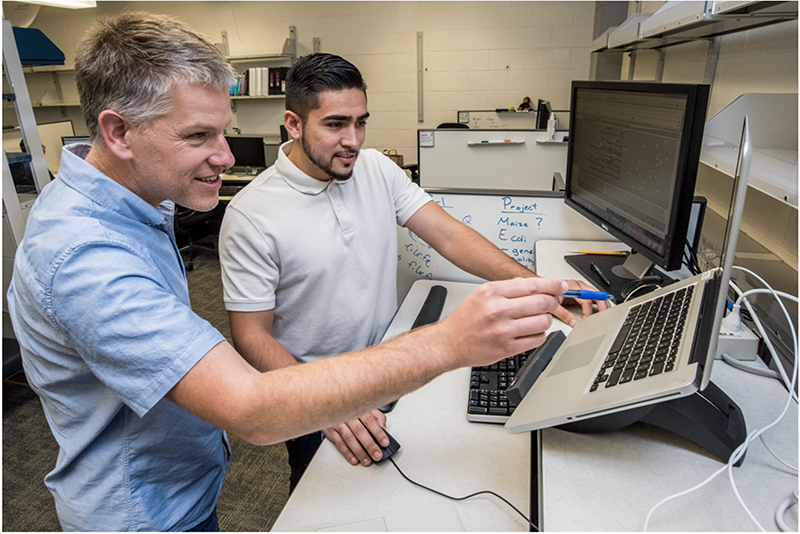
Matt Blow and mentee Antonio Gonzalez (Marilyn Chung, Berkeley Lab)
Antonio Gonzalez III, now a senior at UC Merced
JGI Mentor: Matt Blow
A BLUR summer intern through the ongoing partnership between DOE JGI and California Alliance for Minority Participation (CAMP) students at UC Merced
“The effect my summer internship here at JGI has had on my pursuit of a STEM career is that it has allowed me to think outside of the science aspect of biology and really look into the computational aspect. I never really took into consideration all the biological discoveries you could make while performing computational analysis. I have been amazed at all the different computation tools you could use to identify variants in an organisms genome. One of my favorite things about my JGI internship is the environment that has been provided here. Everyone was always so willing to lend a hand. I really did not know what to expect coming into this internship with no previous experience in computational analysis and the fact that I could easily approach anyone for help really made this internship a positive learning experience.”
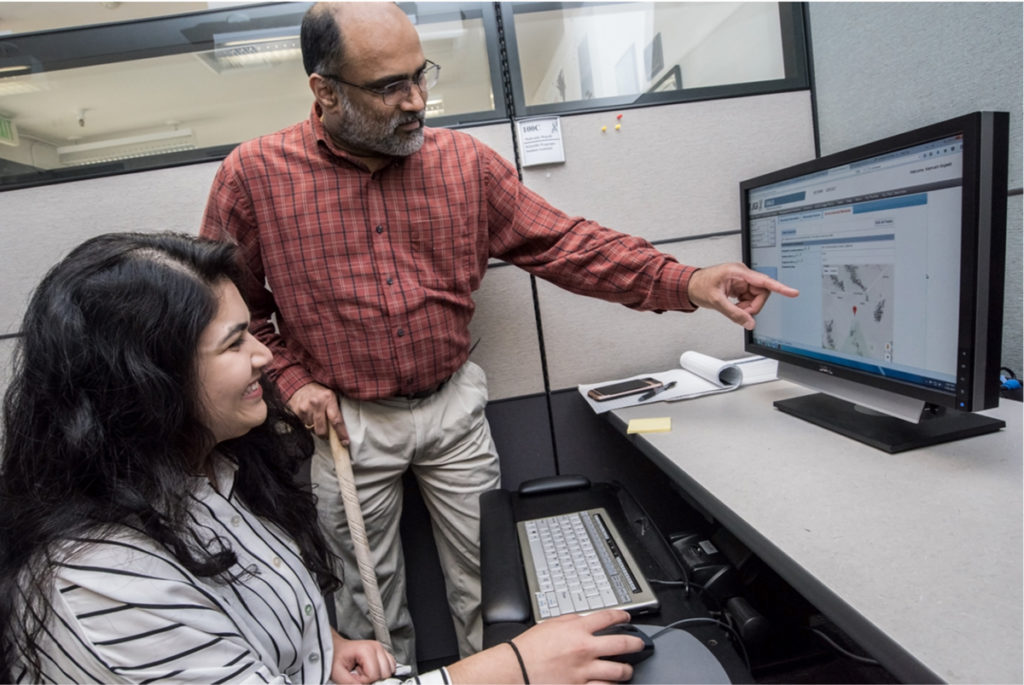
Mahrukh Mujeeb with mentor TBK Reddy (Marilyn Chung, Berkeley Lab)
Mahrukh Mujeeb, now a senior at UC Merced
JGI Mentors: TBK Reddy and Supratim Mukherjee
A BLUR summer intern through the ongoing partnership between DOE JGI and California Alliance for Minority Participation (CAMP) students at UC Merced
“Before starting my internship I knew I wanted to attend MD Program. However after my internship, I think I became interested in learning more about MD/PhD program and potentially pursuing it. My favorite part of the JGI internship is the friendly and accepting environment. Everyone is always willing to chat and help. It is a positive environment that makes work better.”
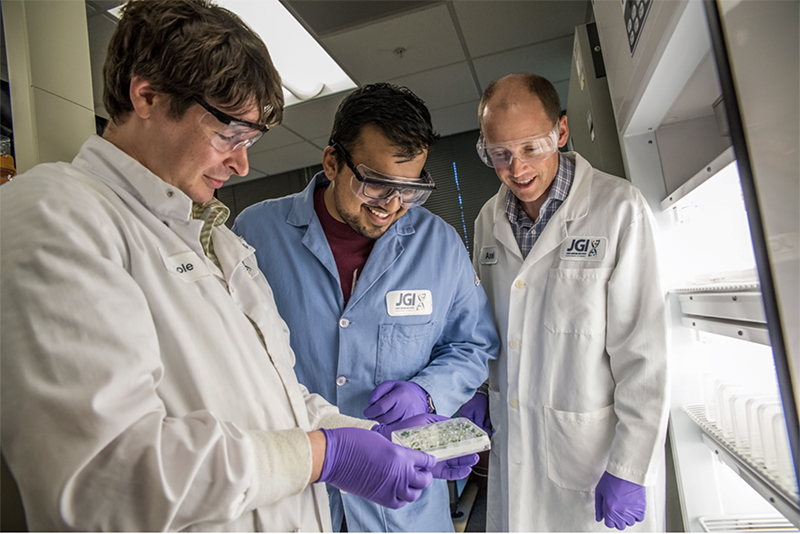
Left to Right: Ben Cole, Sai Prahabkar and Axel Visel (Marilyn Chung, Berkeley Lab)
Sai Prahabkar, now a senior at UC Merced
JGI Mentors: Ben Cole and Axel Visel
A BLUR summer intern through the ongoing partnership between DOE JGI and California Alliance for Minority Participation (CAMP) students at UC Merced
“JGI has heavily influenced me in the research basis by strengthening my foothold in conducting scientific research. With the wonderful interactions in Dr. Visel’s group, I have adjusted my career path to pursuing an MD/PhD instead of the more traditional medical route. Besides having a terrific family environment in which mentors and faculty aid every intern to help them understand concepts and idea; my favorite part of this internship would have to be learning about Arabidopsis thaliana in an earth sciences perspective. Coming from a background of genetics based research, this exposed me to a brand-new topic which I have become passionate in.”
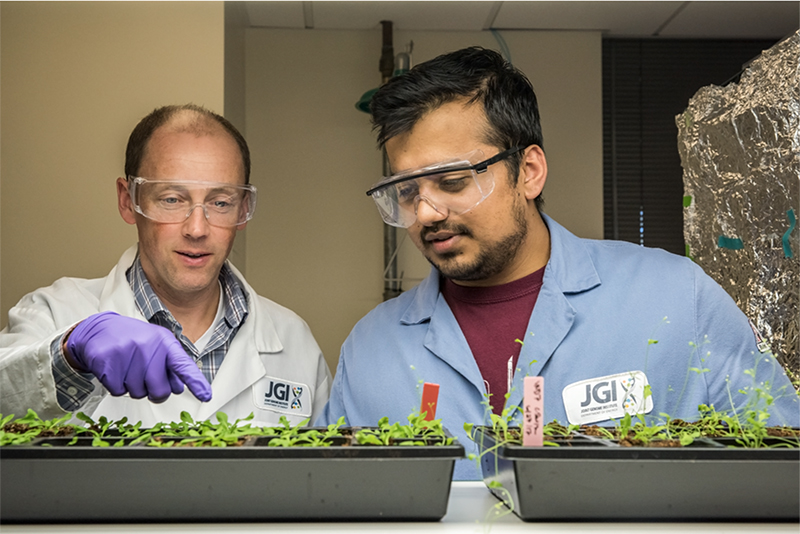 Axel Visel and mentee Sai Prahabkar (Marilyn Chung, Berkeley Lab) |
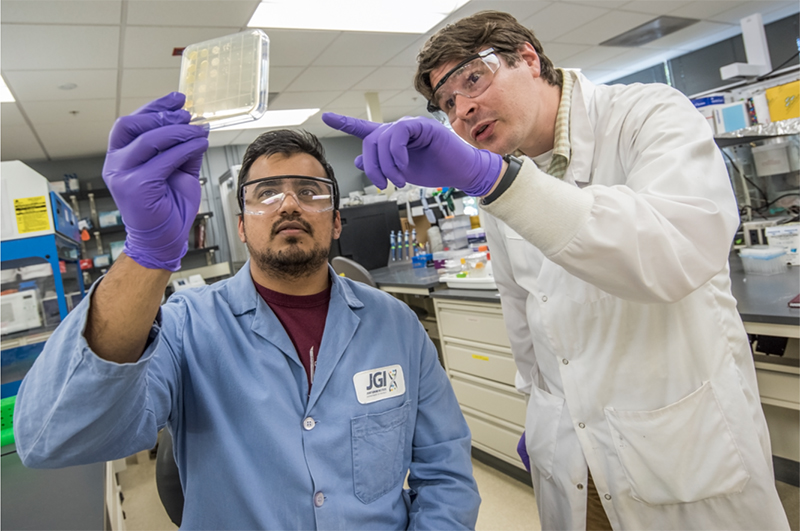 Sai Prahabkar and mentor Ben Cole (Marilyn Chung, Berkeley Lab) |
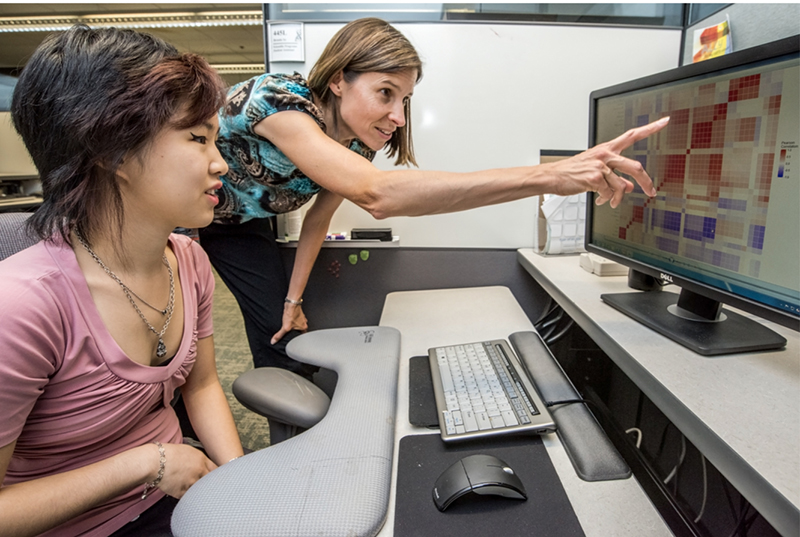
Brenda Yu and mentor Susannah Tringe (Marilyn Chung, Berkeley Lab)
Brenda Yu, now a junior at UC Merced
JGI Mentors: Wyatt Hartman and Susannah Tringe
A BLUR summer intern through the ongoing partnership between DOE JGI and California Alliance for Minority Participation (CAMP) students at UC Merced
“My summer internship at JGI has further cemented my plans to pursue a career as a medical scientist. Working on a computer science project this summer and creating my own code from scratch has confirmed my interests in conducting metagenomic research in the future. My favorite thing is being able to interact with JGI researchers and learn new skills from them, while being treated like a fellow scientist.”
Undergraduate Interns
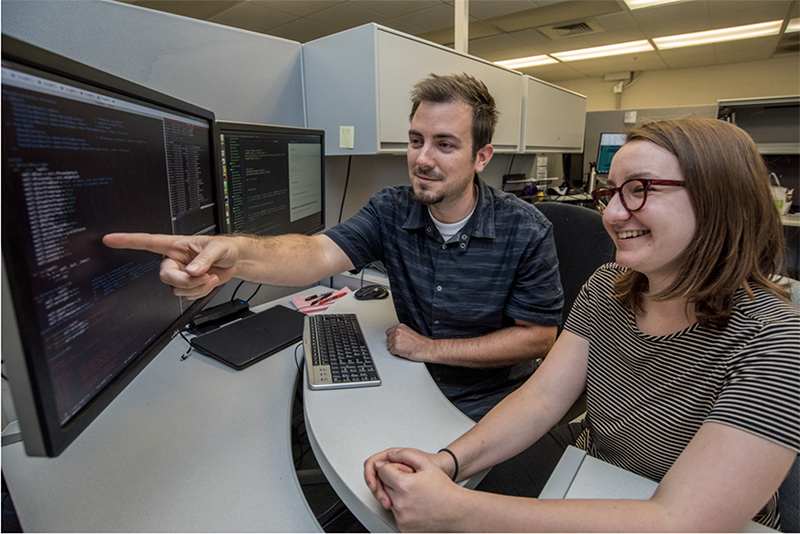
Frederik Schulz and mentee Anna Tancredi (Marilyn Chung, Berkeley Lab)
Anna Tancredi, now a junior at Kenyon College
JGI Mentors: Frederik Schulz and Tanja Woyke
A SULI summer intern
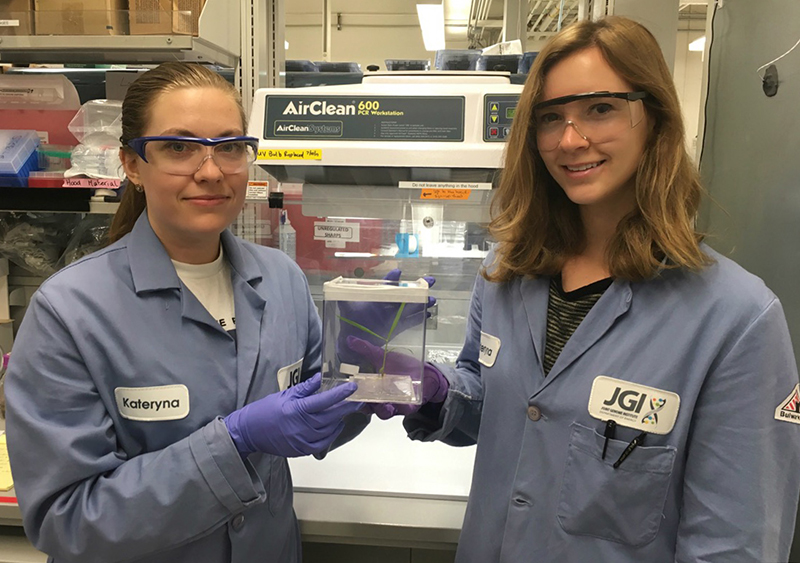
Kateryna Zhalnina with mentee Eden Teppen-Forbes
Eden Tepper-Forbes, 3rd year undergraduate at the Georg-August Universität Göttingen, Germany
JGI Mentor: Trent Northen through the Berkeley Lab Biosciences Area’s EGSB division
“Spending the summer at JGI in Trent Northen’s exometabolomics lab has inspired me to continue my studies in the “omics” field. I enjoy studying biological systems, and it is an amazing opportunity to be a part of the Northen lab, a pioneer in metabolites research. I think there is a lot of potential in metabolomics to create a more sustainable future, and I would like to continue to be a part of this. My favorite aspect of this internship is the team. I am surrounded by brilliant and motivated scientists who encourage me to explore my scientific curiosities. They give me some freedom in the lab, which is empowering. I am grateful for my post-doc mentors Kateryna Zahlnina and Joelle Schlapfer for passing down their knowledge in metabolomics and scientific methods.”
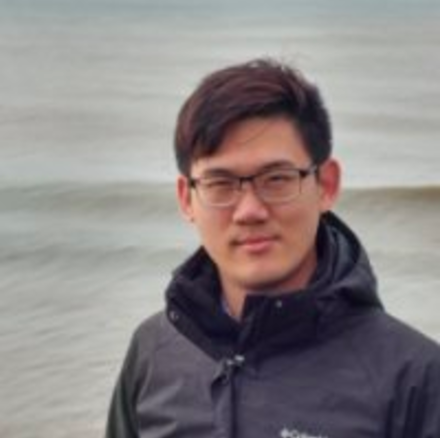
Matthew Trinh, now a senior at UC Berkeley
Mentor: Ben Bowen through the Berkeley Lab Biosciences Area’s EGSB division
“Coming into the internship with the intention to pursue a STEM career, I still intend to pursue one with more experience under my belt and a much more broad knowledge of science.
Definitely working with the people here. Everyone is super friendly and knows so much from their field that I can learn something if I talk to them for a bit.”
Graduate Student Interns
 Jonathan Anzules, 2nd year PhD student at UC Merced
Jonathan Anzules, 2nd year PhD student at UC Merced
JGI Mentors: Rob Egan and Zhong Wang
A summer intern through the JGI/UC Merced Distinguished Graduate Internship program
“My time at the Joint Genome Institute solidified the fact that I want to have a career in the data sciences for the biological systems. There is a high demand for computationally skilled people that can help analyze the troves of data that are lying around in people’s laboratories. I’m certain now that for my career I want be involved in the adept individuals for the analysis of large datasets to provide theoretical and practical answers in the world of biology. Tool development for this fascinates me, and is something that I will pursue as a future career.
The openness of everyone, collaborative nature of everyone. I had the unfounded stereotype that data analysis may be an isolating and solitary task. My experience showed me that it really is not, there is constant back and forth of ideas and techniques, and this created an intellectually rewarding experience. Being in this open environment, talking to my peers, the eagerness to provide advice is my favorite part of my time at the Joint Genome Institute.”
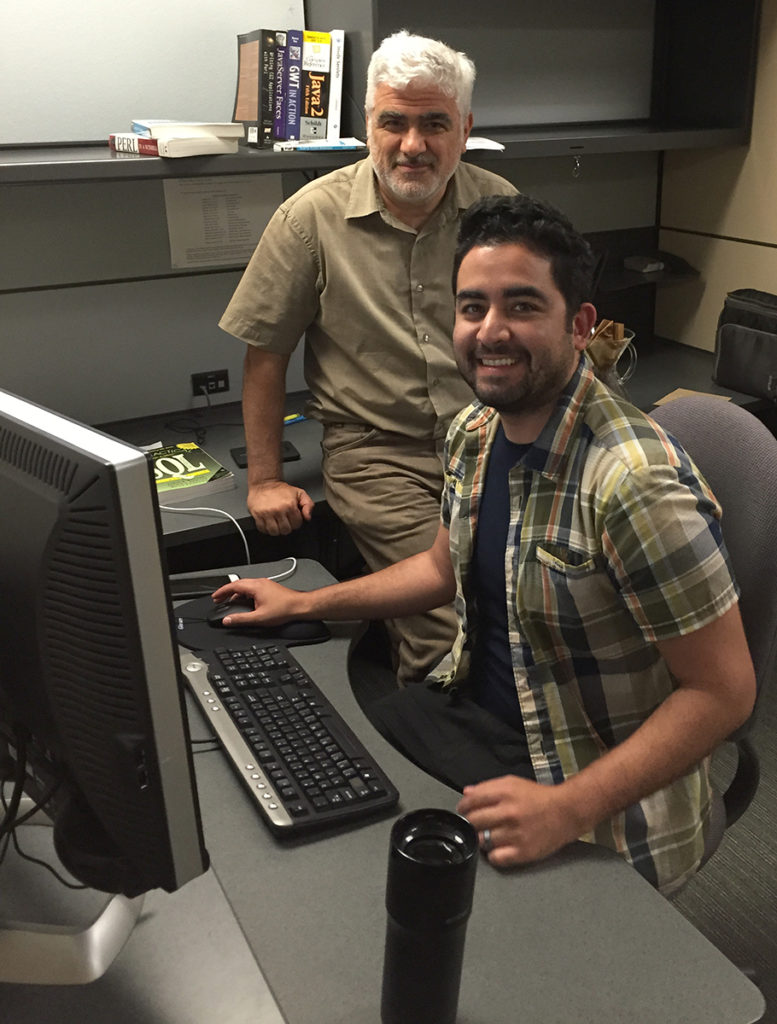
With mentor Asaf Salamov
Mario Banuelos, 5th year PhD Student at UC Merced
JGI Mentors: Igor Grigoriev and Asaf Salamov
A summer intern through the JGI/UC Merced Distinguished Graduate Internship program
“This internship has opened my eyes to possible careers outside of academia. However, if I ultimately end up in academia, this experience has only added to the value of working in an interdisciplinary setting. Working for a user-facility has really changed how I approach writing code and tools. I had to systematically make my code both very readable and usable and this is something I definitely want to continue in my PhD. I also really love the flow of new ideas (e.g. journal clubs) between people at the JGI.”
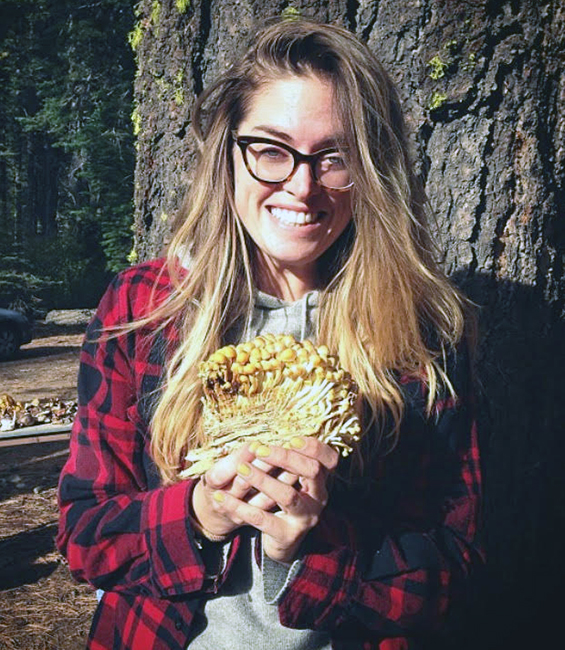
Jackie Shay, 1st Year PhD Student at UC Merced
JGI Mentors: Don Kang and Zhong Wang
A summer intern through the JGI/UC Merced Distinguished Graduate Internship program
“My summer internship with the JGI has greatly impacted my views on the significance of mentorship, the effectiveness of scientific communication, and the importance of team building. I also have more experience observing people ask and answer scientific questions. Meeting all the incredible people that work at JGI has been one of my favorite things about my internship!!!”
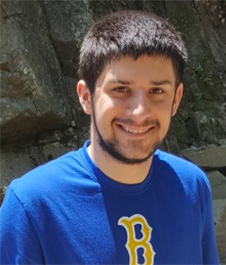
Nathan LaPierre, 2nd year graduate student at UCLA
JGI Mentors: Rob Egan and Zhong Wang
“As I’m currently in a PhD program in computer science, I was already planning to pursue a STEM career. However, I have enjoyed my work at the JGI and it has further bolstered my interest in pursuing a scientific career, as opposed to one in industry. I very much appreciate that I was given the flexibility to talk with different team members and decide which person and which project to work with. The result is that I have a project that I’m excited about and invested in, and that I really enjoy working with my mentors. This sort of autonomous, creative, and self-motivated work is something that I value very highly.”